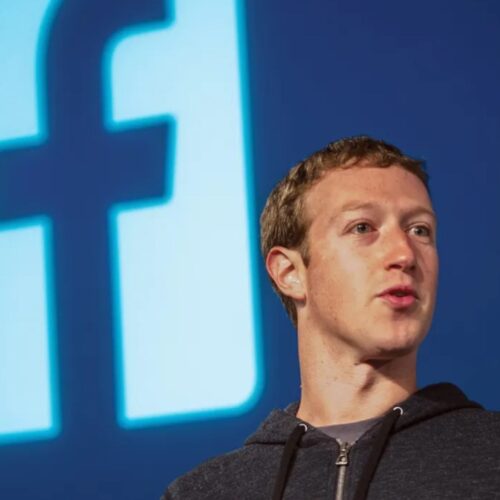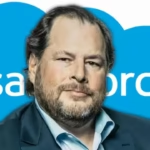Mark Zuckerberg, CEO of Meta, has shared a groundbreaking prediction about the near future of artificial intelligence (AI). By 2025, he envisions a transformative shift in how AI impacts software development, with advanced systems capable of coding at the level of mid-tier engineers. These developments promise to redefine not only how we create software but also how we approach creativity and innovation.

According to Zuckerberg, the next generation of AI won’t merely assist developers with coding tasks—it will take over the bulk of the work. These AI systems will operate with the proficiency of experienced engineers, capable of handling complex technical challenges that previously required significant human effort. Initially, deploying such advanced systems will come with high operational costs. However, as the technology matures, these AIs are expected to become more efficient, faster, and cost-effective, paving the way for widespread adoption across industries.
Zuckerberg emphasizes that the goal of this AI revolution isn’t to replace engineers but to empower them. By offloading the routine and technical aspects of coding to AI, engineers will gain the freedom to focus on broader, more innovative ideas. This shift aims to unlock the full potential of human creativity, enabling individuals to tackle ambitious projects and bring visionary ideas to life. “It’s like giving them a blank canvas to build things they’ve only dreamed of,” Zuckerberg explains, highlighting the profound potential of AI to transform how we approach problem-solving and innovation.

The broader implications of AI-powered coding extend beyond efficiency gains. This technology has the potential to revolutionize entire industries by fostering a new era of collaboration between humans and machines. As AI takes care of repetitive tasks, professionals in tech and beyond will have the opportunity to reimagine their roles, focusing on strategy, creativity, and long-term vision. The future, as Zuckerberg sees it, isn’t just about building smarter AI systems. It’s about using these tools to amplify human ingenuity and unlock possibilities previously limited by technical constraints.


